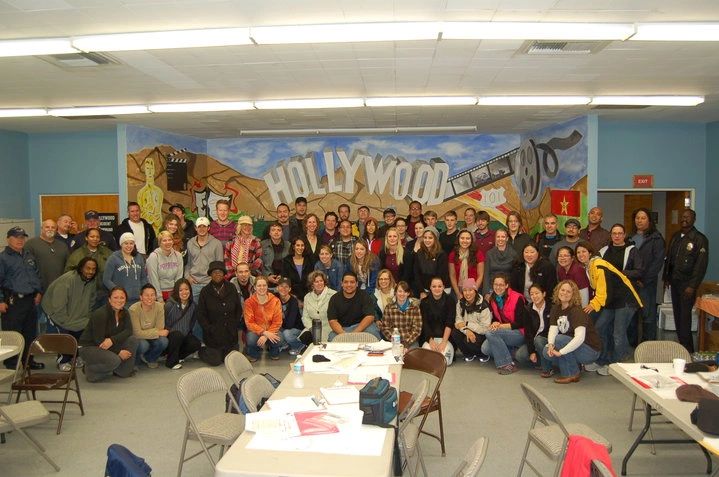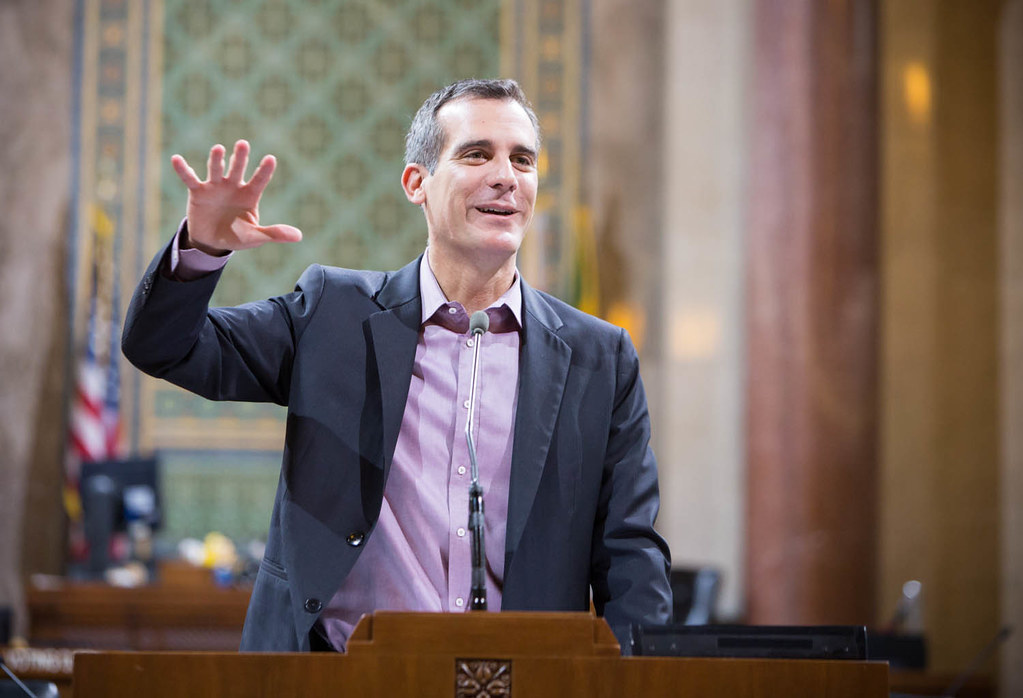The Los Angeles County Board of Supervisors Tuesday approved a five-year pilot program for addressing homelessness in Hollywood that will aim to better connect homeless individuals with the community and a wide range of resources.
Supervisor Sheila Kuehl recommended the program as a way to test what she and Dr. Jonathan Sherin, who leads the Department of Mental Health, called an innovative and comprehensive approach to serving homeless people with mental illnesses.
“We envision a future for Hollywood where we can offer extended street outreach … but also crisis residential housing and treatment (including) a drop-in center … peer support services (and) mental health urgent care,” Kuehl said.
Hollywood was chosen, Kuehl said, because a coalition of businesses, landlords, community-based and nonprofit organizations and homeowners associations have all joined together and organized as “Hollywood 4WRD” to create an all-hands-on-deck response to the problem of homelessness.
The coalition has been working together for more than a decade, and the 4WRD in the name stands for four walls, a roof and a door.
“The willingness of this community to organize and pitch in and be part of the solution is a big part of the innovation, and a big part of the decision about the grant in this area,” Kuehl said.
A five-year, $116 million state Mental Health Services Innovation grant will allow the county to provide new services in the area and test a more comprehensive, holistic approach to homelessness.
In a community that Kuehl said currently lacks the same level of resources as other neighborhoods, the goal is to establish resources that better connect people to the community.
People need more than clinical treatment to get off the streets and build a life, Sherin said.
“Engagement is much more than treatment, particularly when individuals are not aware that they have a challenge and they need treatment. Or when they’ve engaged with a system that hasn’t been welcoming, (or) the environment has not been dignified,” Sherin said.
Sherin said he envisions a community mental health center, rather than a clinic, that offers more of a “clubhouse” environment. A spot where homeless individuals can drop in and connect with others who have experienced life on the street as a step in their recovery. Employment and education services would also be on offer through the program.
“We like to talk about the need for people, place and purpose in life, because, without them, no one really has a chance at flourishing,” Sherin said.
Another reason for choosing Hollywood as the site for the program is the high concentration of homeless people in a small area.
Based on the most recent homeless count data from the Los Angeles Homeless Services Authority, there are 4,300 homeless people living in the area, and more than 800 of those people are struggling with serious mental illness.
There are also opportunities to convert existing resources, like the Hollywood Mental Health Center, to support the pilot.
The hope is that field-based outreach and other new resources will shift the burden of homelessness from first responders and actually reduce county costs by breaking a cycle of jail and emergency room visits.
Some of Kuehl’s colleagues compared the goals for the program to one in Trieste, Italy, which focuses on a recovery model and assumes that everyone is capable of “a life in the community not defined by their mental illness.”
Some looked forward to the opportunity to expand the model beyond Hollywood.
“I’m pretty sure it will be a model that we can replicate,” Supervisor Janice Hahn said.
Kuehl said she hopes a successful pilot program might even persuade California Department of Health Care Services to authorize more flexible spending that goes beyond funding clinical treatment in the fight against homelessness.







